- Home
- Military & Defense
- The 19 greatest empires in history
The 19 greatest empires in history
The Turkic Khaganate spanned 2.32 million square miles at its height in 557 until a civil war contributed to its collapse in 581.

The Han imperial dynasty spanned 2.51 million square miles at its peak in 100 B.C. It collapsed by A.D. 220 after a series of coups and revolutions.
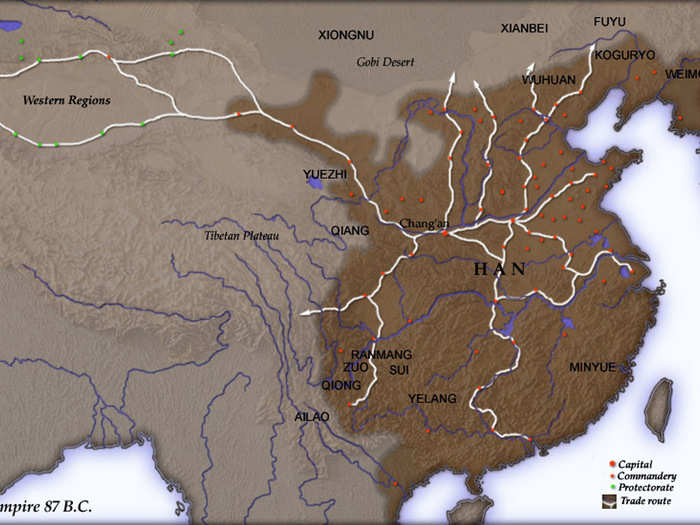
The Ming Dynasty spanned 2.51 million square miles at its height in 1450, but economic breakdown and natural disasters contributed to its collapse in the early 17th century.
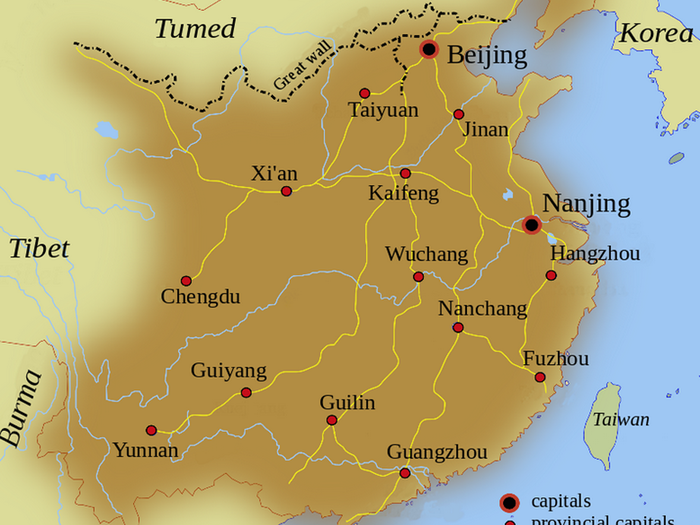
The Sasanian Empire spanned 2.55 million square miles at its peak in 621 and was the last Iranian empire before the rise of Islam. It fell around 651 following economic decline and conquest by the Islamic caliphate.
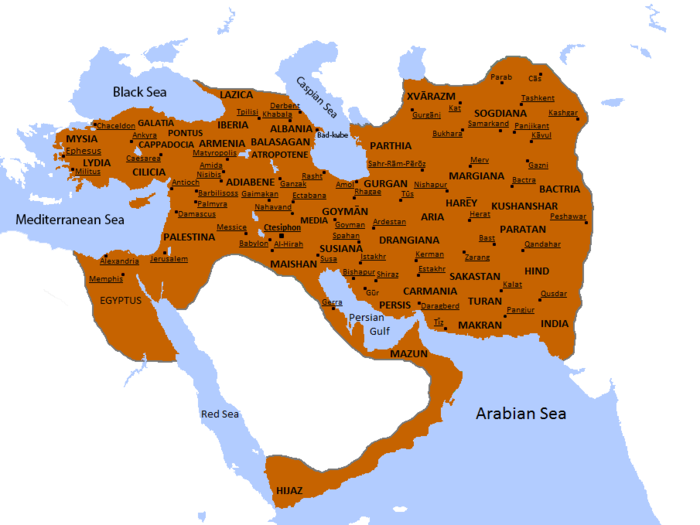
The Empire of Japan was one of the largest maritime empires in history, spanning 2.86 million square miles at its peak in 1942 before surrendering to the Allies on September 2, 1945.
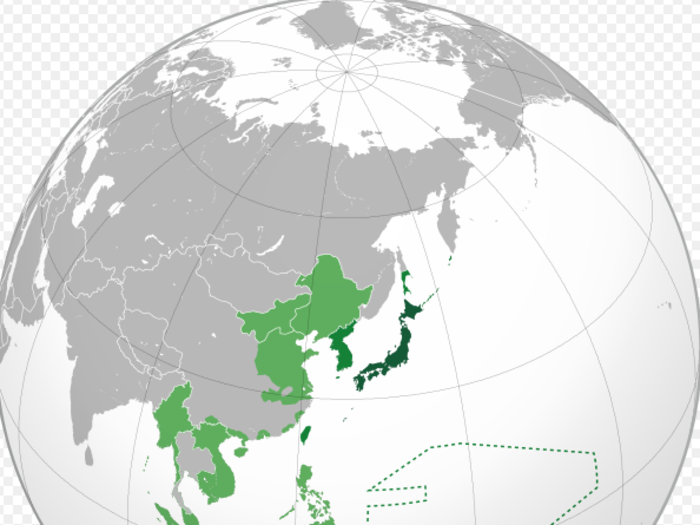
The Achaemenid Empire, also known as the First Persian Empire, spanned 3.08 million square miles at its peak in 480 B.C. before falling to Alexander the Great in 330 B.C.
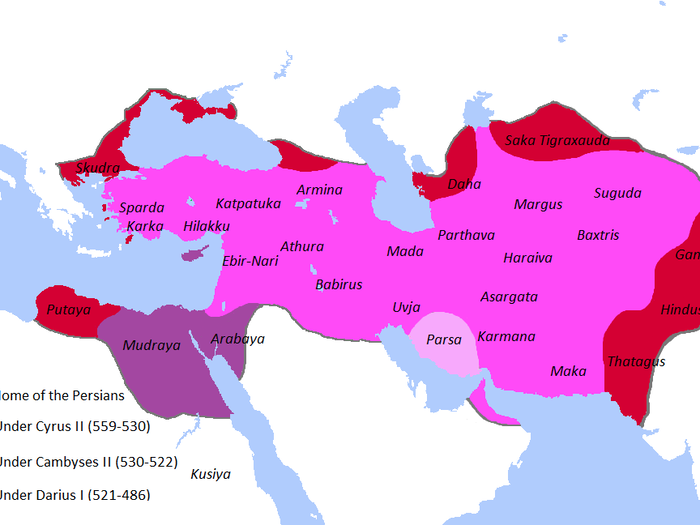
The First French Colonial Empire spanned 3.12 million square miles at its height in 1754, before a series of wars with Great Britain resulted in both countries losing most of their New World colonies.
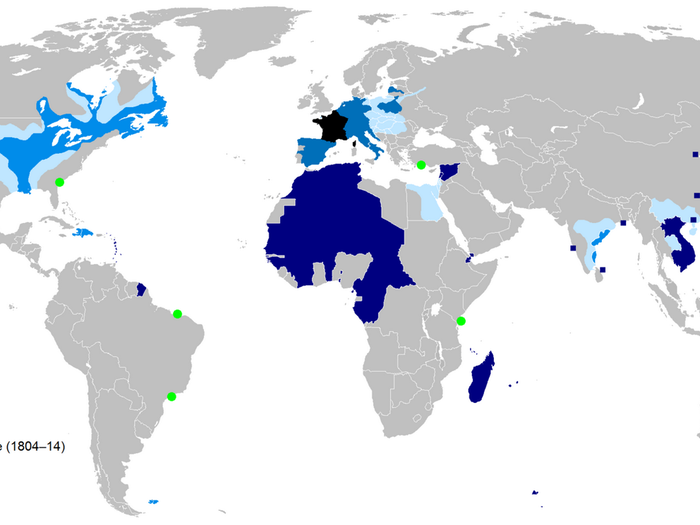
After declaring independence from Portugal, the empire of Brazil spanned 3.28 million square miles at its height in 1822, but it would soon lose the territories that make up modern Uruguay, and the empire would fall in an 1889 coup.
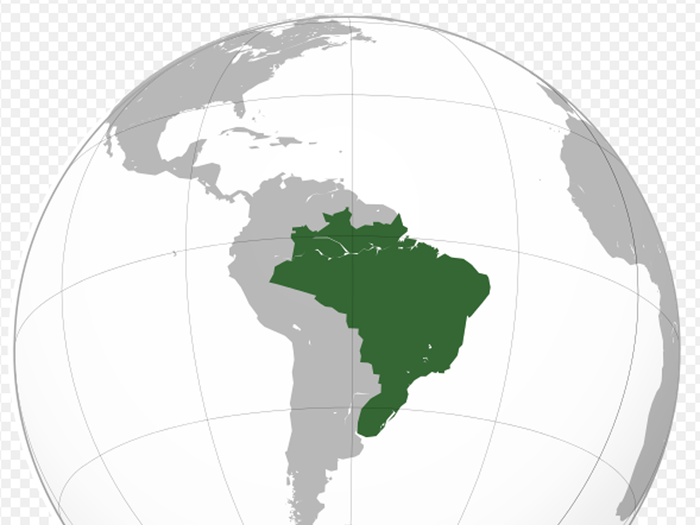
The Rashidun Caliphate spanned 3.6 million square miles at its peak in 654, before being followed by another Islamic Caliphate. It was the largest empire by land area ever at that point in history.
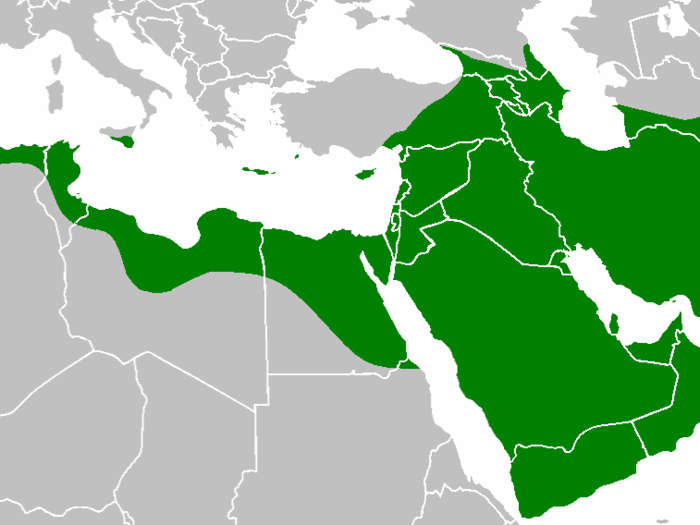
The Portuguese Empire reached 4 million square miles at its height in 1815, before losing Brazil and most of the rest in the next 150 years.
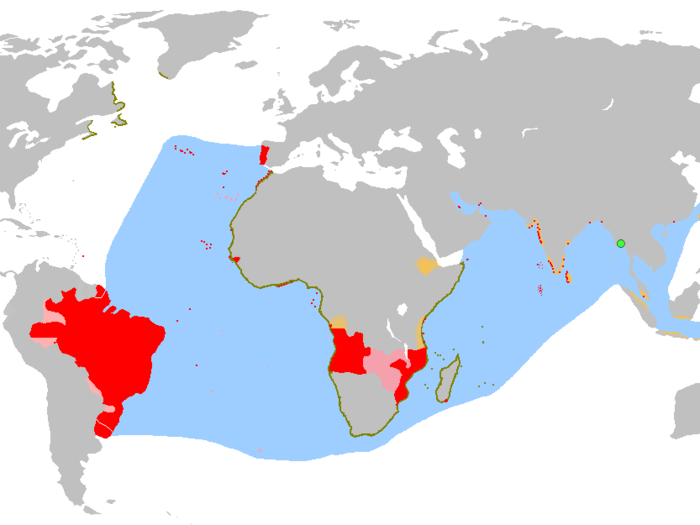
The Abbasid Caliphate covered 4.29 million square miles at its height in 850 before losing ground to the Ottomans, who captured the capital city, Cairo, in 1517.
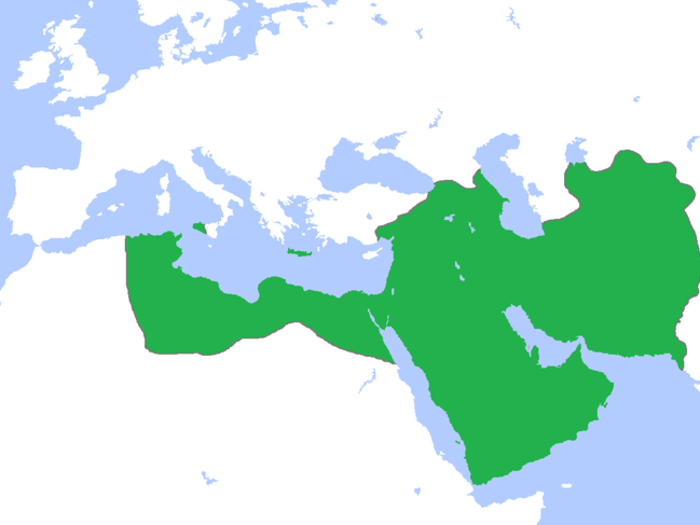
The French bounced back with second colonial empire that covered 5 million square miles at its peak in 1938, before shedding territories in the post-World War II decolonization movement.
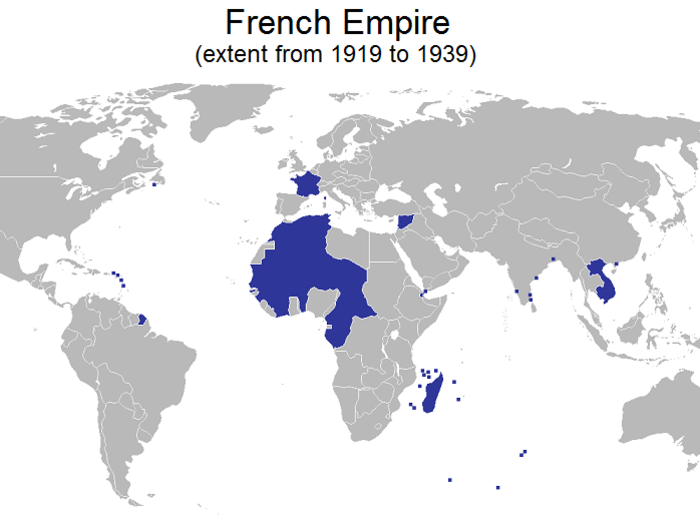
The Yuan Dynasty, the first dynasty to rule all of China, extended 5.4 million square miles at its peak in 1310, before being overthrown by the Ming Dynasty in 1368.
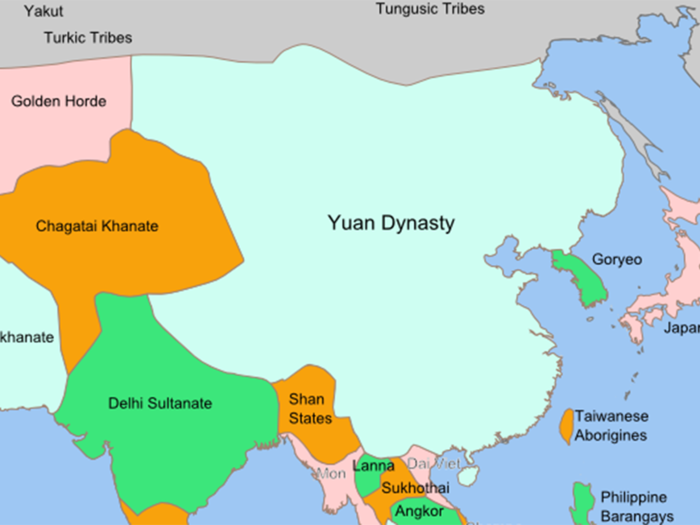
The Qing Dynasty, the last imperial dynasty of China, controlled 5.68 million square miles in 1790 at its greatest point. It fell in 1912 following defeat by foreign powers in the Boxer Rebellion and many local uprisings.
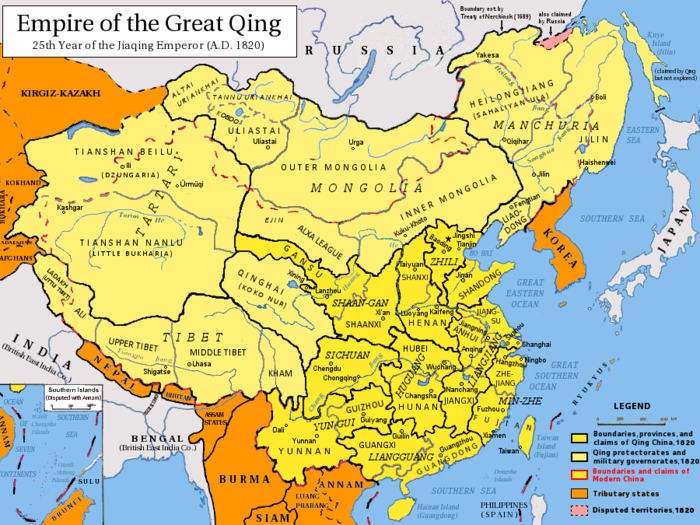
The Umayyad Caliphate spanned 5.79 million square miles at its height in the 7th century, before it was defeated by the Abbasids in 750.
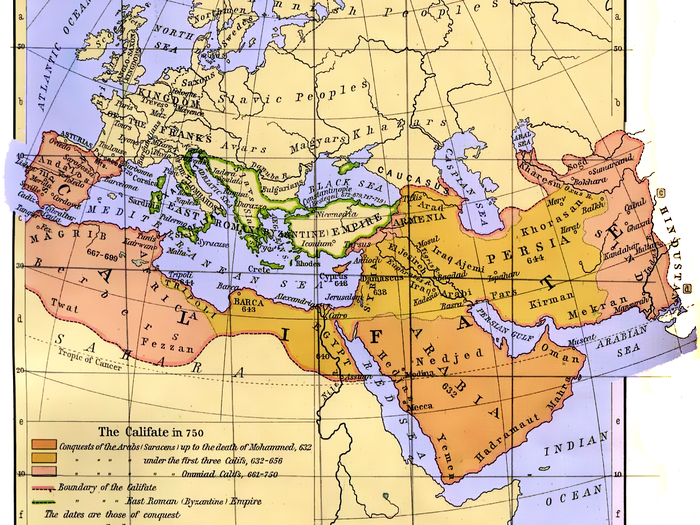
The Spanish Empire governed 13% of the world's land — 7.5 million square miles — at its height in the 18th century before losing much territory in the 19th century Spanish-American wars of independence.
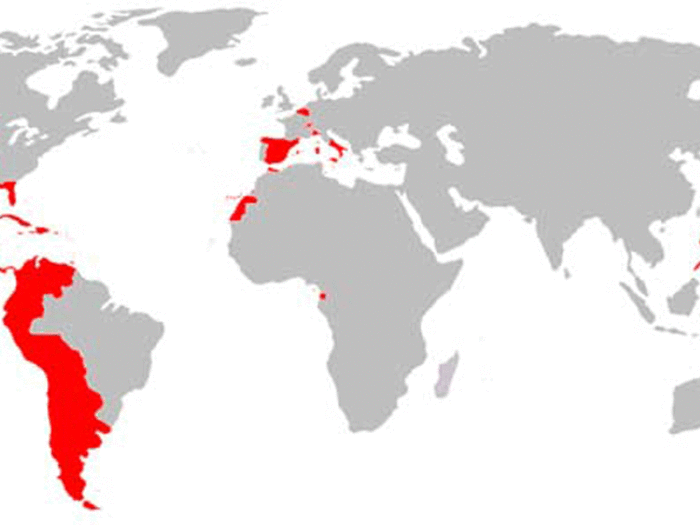
The Russian Empire spanned 8.8 million square miles at its peak in 1866. It was overthrown by the February Revolution in 1917 and was replaced by the Soviet Union.
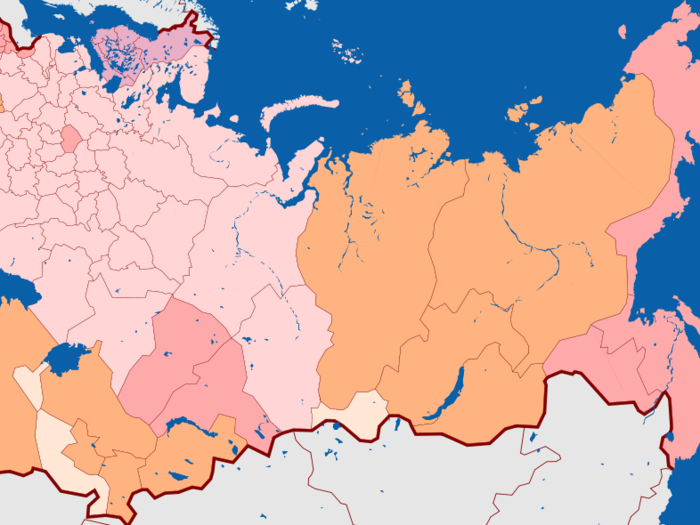
The Mongol Empire spanned 12.7 million square miles at its peak in 1279, spanning from the Sea of Japan to Eastern Europe, but it disintegrated into competing entities at about 1368.
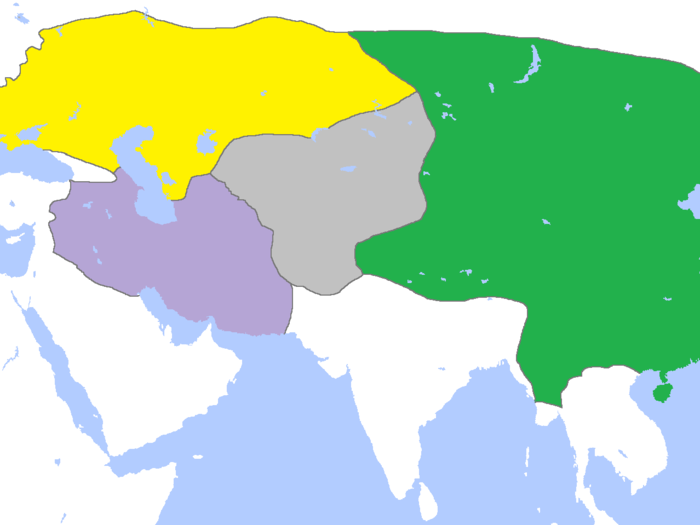
The British Empire stretched over 13 million square miles across several continents — 23% of the world's land — at its height in 1922, until decolonization began after World War II.
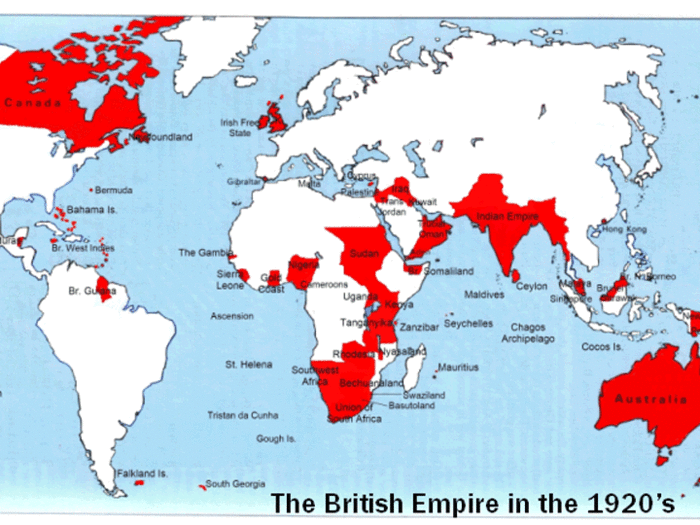
Popular Right Now
Popular Keywords
Advertisement